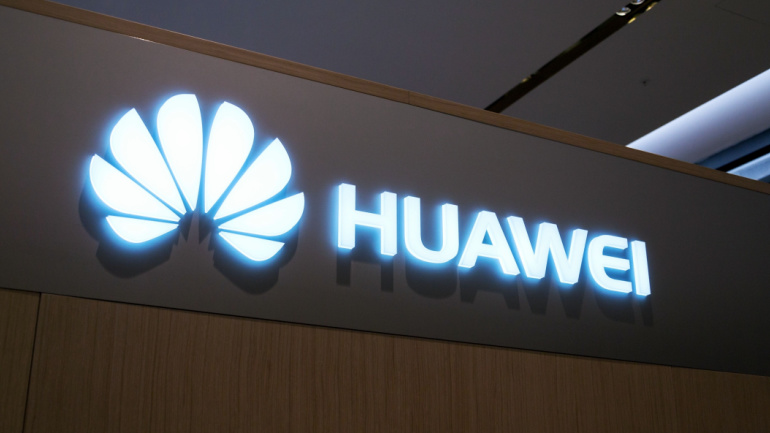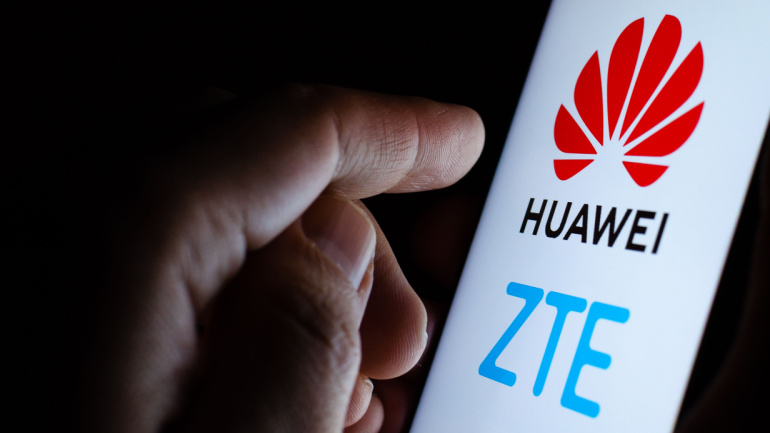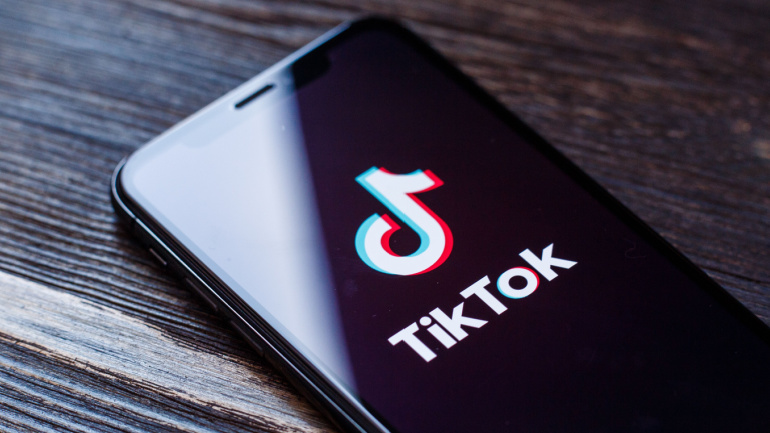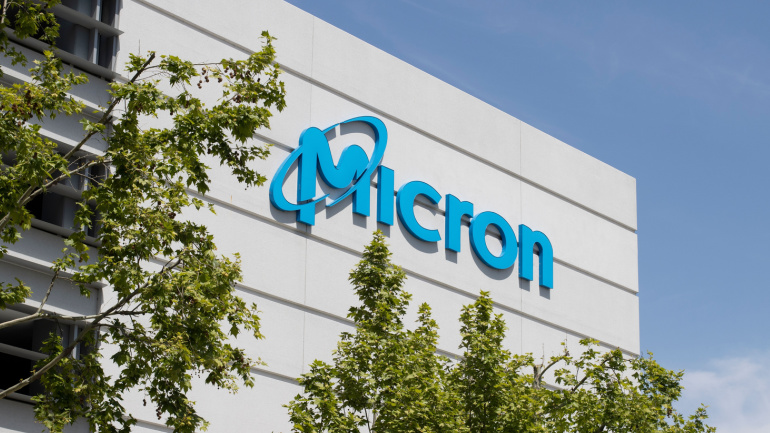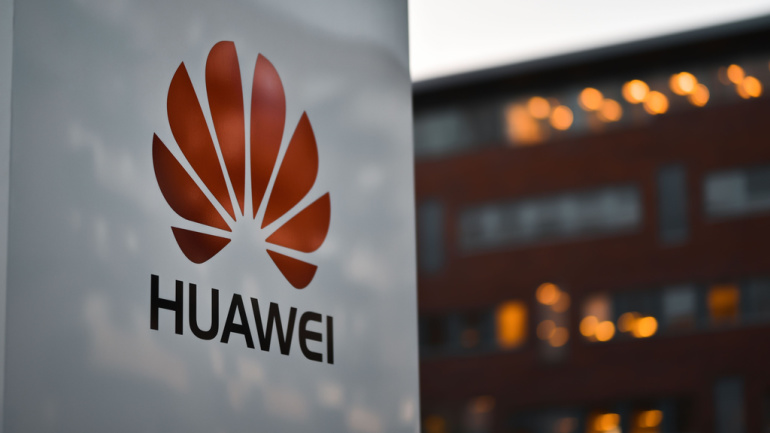In the ongoing geopolitical saga between the US and China, the global supply chain and the semiconductor industry are at the forefront. Both nations’ governmental bodies are ramping up subsidies to stimulate growth in domestic manufacturing and insulate against sanctions.
The 2023 Asian Games offered a glimpse into the future of event tech, from eSports to AI-driven systems. Among the innovations, a standout was ‘RADICAL’, an intelligent digital solution by Huawei and China Mobile Zhejiang, designed to manage intense 5G traffic, ensuring an exceptional experience for attendees.
China’s immense 5G market pulses with new additions, logging nearly 17 million subscribers in August as migrations to advanced telecommunications networks grow. Still, this uptake signifies a dampening speed, attributed to the top trio: China Mobile, China Unicom and China Telecom, seeing a fall in new users compared to prior months. Abstract figures of network utilization and the quality of reception, however, leave much to be unraveled. The niche player, China Broadnet, despite a recent debut, experiences stiff competition, highlighting the difficulty of penetration amidst dominant forces.
The unveiling of Apple’s four new iPhone models sparked a surprising underwhelm in the tech community. Meanwhile, debates rose regarding China’s nimble navigation around US tech embargoes, especially regarding iPhone use. No less intriguing were the discussions around Open RAN – tech pioneers revisited this initiative with the UK’s recent efforts to regain Open RAN momentum.
In an audacious move against China’s tech supremacy, the U.S. has issued an executive order curbing American investment in several Chinese industries. Citing national security fears linked to the development of military, surveillance, and cyber technology in China, the U.S. declared a national emergency facilitating swift action. This could significantly impact sectors such as semiconductors and quantum computing, and might also influence global investment trend.
The EU’s messaging around “high-risk” vendors hints at a potential ban on Huawei and ZTE, urging members to accelerate their removal from 5G networks. As the EU Commission pushes for swift implementation, the debate on security risks and dependencies intensifies.
Hangzhou leads the digital revolution with the Dual 10 Gigabit City project, partnering with industry giants like Huawei to foster 5.5G technology, enhance connectivity and pioneer innovative applications for a smarter future.
Montana’s decision to ban TikTok raises significant free speech debates, with TikTok retaliating through a lawsuit. While the state’s unilateral action is unusual, the broader issue of communication rights and first amendment implications abroad remains highly significant.
China sanctions US chipmaker Micron citing national security concerns, escalating tensions between the two nations. With implications for the IT and telecom sectors, alternatives may emerge from market leaders, fueling ongoing retaliation. How will this play out in the tech industry?
The US Department of Justice has accused two people it believes to be Chinese state agents of paying an FBI double agent to get information about the Huawei probe. The two individuals are accused of attempting to influence a US government employee who they thought was a cooperator to disclose sensitive information regarding the Justice Department’s investigation, including details about prospective witnesses, trial evidence, and additional charges that may be brought. According to the Justice Department, one of the defendants paid nearly $61,000 in digital currency for the data. However, the individual they attempted to bribe was an FBI double agent. The double agent gave the Chinese operatives certain documents that seemed to contain some of the material they were looking for, but the documents were created by the Justice Department and did not disclose factual meetings or trial tactics. Although the department has filed arrest warrants…




